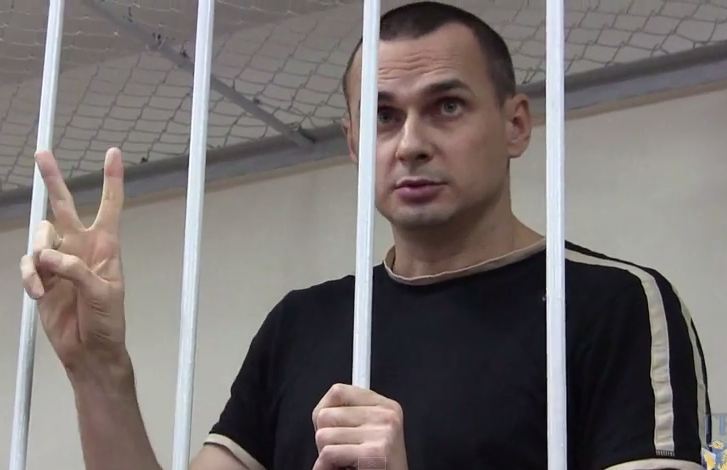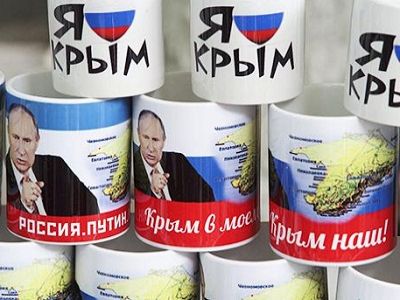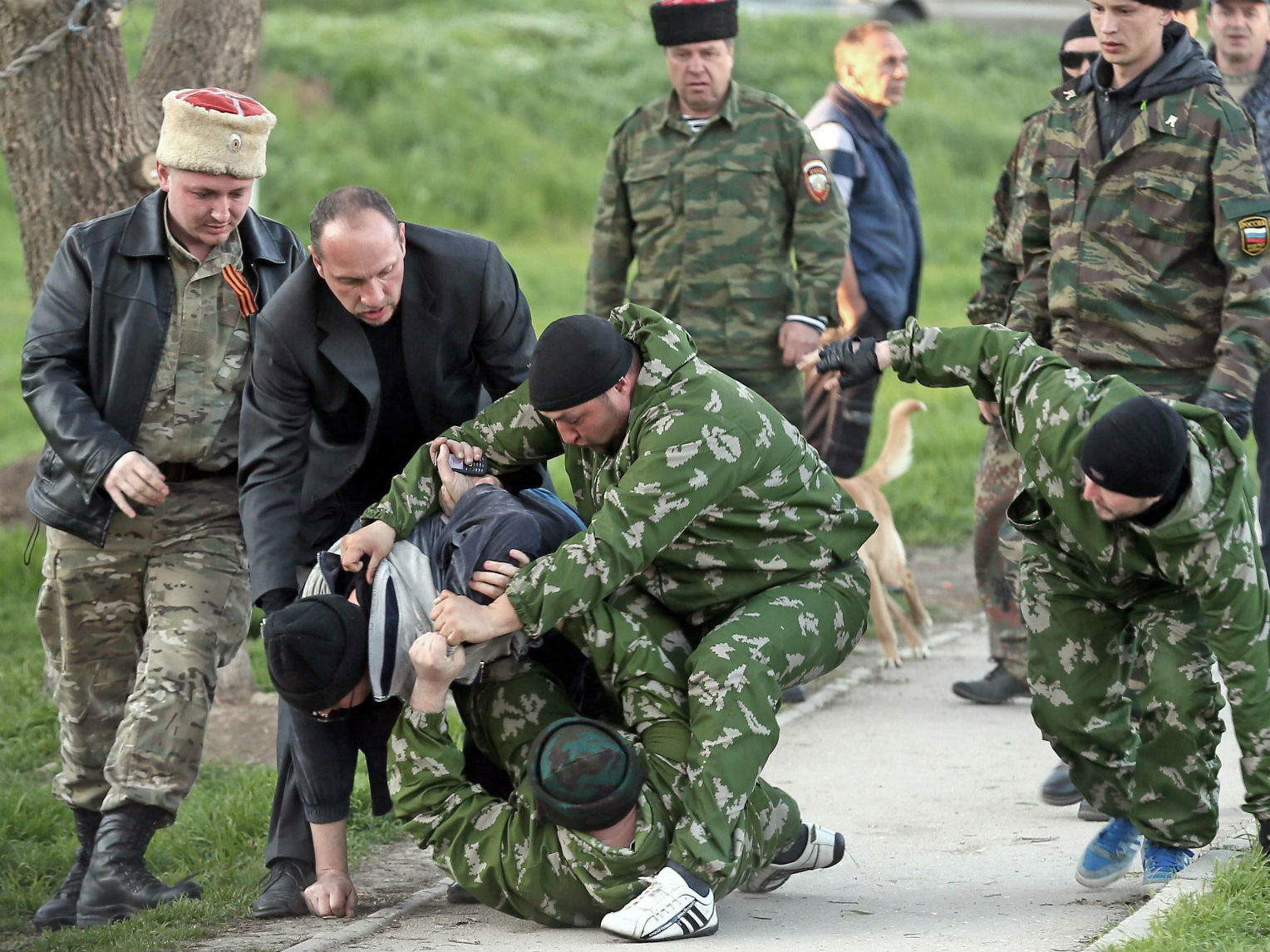The image of the burly man who strides arrogantly down the street with complete confidence in his own strength and license but who falls down suddenly when he slips on a banana peel is a classic in comedy. But isn’t this image based on life ?
In the late 80s I became acquainted with Ibrahim Rugova, leader of the Kosovo Albanians. I was simply fascinated by this person and will always remember our meetings and discussions. Rugova was a wonderful person, a real European intellectual. He was convinced that Albanians had to resist the attempts by the regime of Slobodan Milošević to deny them even the remnants of autonomy within Serbia, but he supported nonviolent resistance. Rugova was a great organizer. He practically created a parallel state in Kosovo that was completely separate from the government in Belgrade. Nonetheless, Serbian security services remained masters in the streets of Pristina and other Kosovar towns. They arrested people or simply kidnapped them and the chauvinistic propaganda flourished… Is it any wonder that the Albanian youth of Kosovo respected Rugova but were convinced that the methods of this “Balkan Gandhi” were archaic? This is how the Kosovo Liberation Army came into being and a real war began.
And Milošević? Instead of seeking common ground with Rugova he became fully involved in the bloody conflict and decided to expel the Albanians from Kosovo. What came later is well known: the NATO operation, the return of the Albanians, the collapse of Milošević and his ignominious death in the Hague, the independence of Kosovo, and the Kosovo Serbs’ battle for the autonomy of the enclaves where a minority of the region’s population was concentrated. And additionally, the independence of Montenegro and the final disappearance of Yugoslavia from the political map of the world. Today Serbia does not even have access to the sea. Here is your banana peel.
One may wonder why Milošević, who managed to find sufficient strength to let go of Croatia and to resolve the issue of Bosnia, turned out to be such an idiot on Kosovo. Because Kosovo was “his Crimea,” a sacrosanct place where he began his rise as dictator. And there was one more motive — he simply hated Albanians. And hatred is a bad advisor.
When I speak with Mustafa Dzhemilev, I always think of Ibrahim Rugova. The leader of the Crimean Tatars really reminds me of the leader of the Kosovo Albanians. Dzhemilev has devoted his life to returning the Crimean Tatars to their homeland. And he has always relied on reasonable political methods. When Crimea was a part of Ukraine, these methods were completely justified. But the Russian regime and especially the chauvinistic Sergey Aksyonov, who heads up the occupation administration, do not understand the concept of dialogue. Putin tried to talk with Dzhemilev before the annexation of Crimea, but it is now quite clear that he had simply wanted to deceive him. This very average, uneducated security officer, who reached the rank of lieutenant colonel with difficulty, tried to deceive a dissident whose case had been managed personally by Yuri Andropov (head of the Soviet Union’s KGB from 1967 to 1982 — Ed.). Ridiculous! But Putin is very bold.
However, he was not mistaken in one thing. Dzhemilev was and has remained a leader of the political process, a symbol of the national representation of the Crimean Tatars. This representation has continued to function, but on neighboring streets Russian security services began to establish a dictatorship of stupidity — arrests, repressions, blocked entry. And is it any wonder that among the Crimean Tatars there were people who understood that this madness could not be stopped by political methods alone? And who want to take the peninsula away not only from the occupiers but from the colonists? Because people who do not care about the future of the land where they live, who are incapable of calculating the consequences of their actions for themselves and for Crimea, are ordinary colonists no matter how many years ago they came to Crimea.
The question then is why Putin, who was able to reach an agreement with the Chechen clans, who had accepted de facto independence not only in Chechnya but also in such republics as Tatarstan or Bashkortostan, failed to understand the need to find a compromise with the Crimean Tatars. This is because his sacred cow is the sacred “Russian Crimea” where there is no room for the real peninsula with its indigenous peoples. There is room only for the chauvinistic myth. And there is yet another motive — hatred. Hatred, perhaps not Putin’s but certainly that of his appointee Aksenov. And hatred is a bad advisor.
I do not claim that Putin and Aksenov will end up in the Hague and that Russia will be forced to accept the independence of a number of national republics as a result of the processes that have begun after the radicalization of the situation in Crimea. Moreover, I do not maintain that Russia will lose access to the sea. Putin will certainly have access to the sea.
But he has already found his banana peel.







